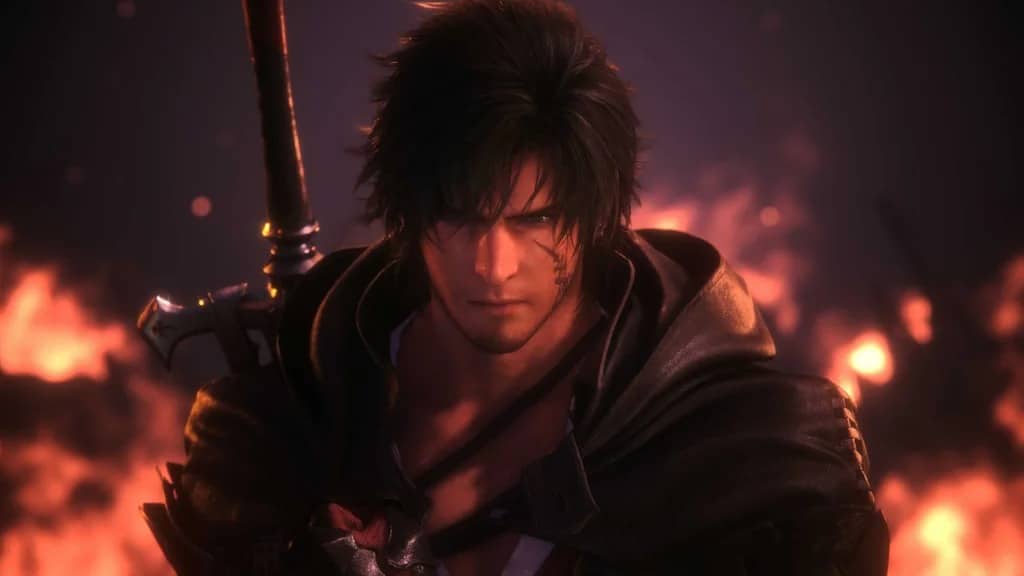Final Fantasy 16, the latest RPG blockbuster from Square Enix, has reportedly been banned from launching in Saudi Arabia, per recent tweets from the Saudi Arabian General Commission for Audiovisual Media, which acts as the country’s ratings board.
According to translations from Google and Systrans (via GamesRadar), the commission has alleged that Square Enix was not willing to make ‘necessary adjustments’ to the game to suit the region’s strict values. An exact reason for the ban was not detailed, however, the currently speculation relates to Final Fantasy 16 potentially depicting LGBTQIA+ relationships.
As spotted by VGC, several prominent game journalists in the region have implied the upcoming blockbuster features LGBTQIA+ content – and while the game in question was not specifically named, the timing of these comments line up with the ban on FF16.
Read: Final Fantasy 16 preview: A complete rejuvenation of the series
In recent years, Saudi Arabia has tightened restrictions around popular media depicting same-sex relationships, banning films including Disney’s Lightyear and Doctor Strange in the Multiverse of Madness for inconsequential characters.
Despite these views being largely at odds with the majority of game developers and creators around the world, Saudi Arabia continues to invest in the games industry at a phenomenal rate. Through its Public Investment Fund, the country has claimed significant shares in Nintendo, SNK, Embracer Group, Electronic Arts, Activision Blizzard, and Take-Two.
Many of these companies have released games with LGTBQIA+ identifying characters.
Take-Two’s Borderlands, for example, features a lesbian couple in Janey Springs and Athena, a gay couple in Sir Hammerlock and Wainwright Jakobs, an asexual siren in Maya, a bisexual hero in Axton, and a pansexual hero in Zane.
Whether Final Fantasy 16 was banned in Saudi Arabia due to its depiction of similar heroes remains unknown – but whatever the reason, the game will not be sold in the region for now. Whether Square Enix chooses to bow to pressure from Saudi Arabia to modify the game remains to be seen.





